Employment Probation Period Letter Samples
-
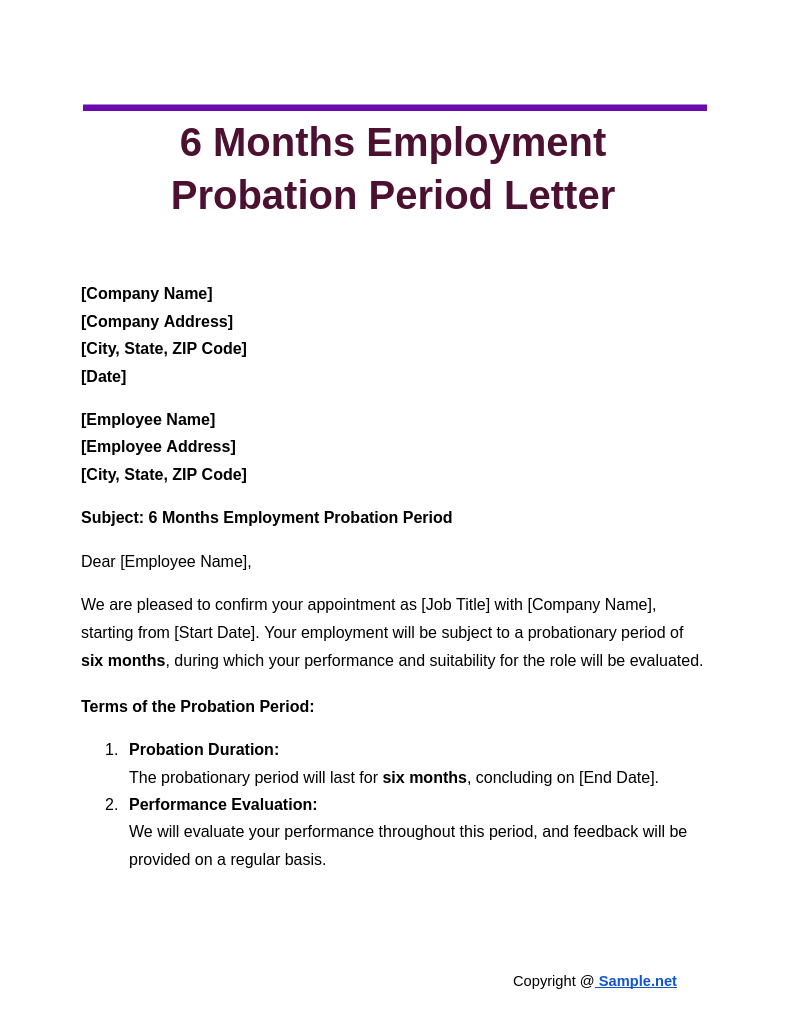
6 Months Employment Probation Period Letter
download now -
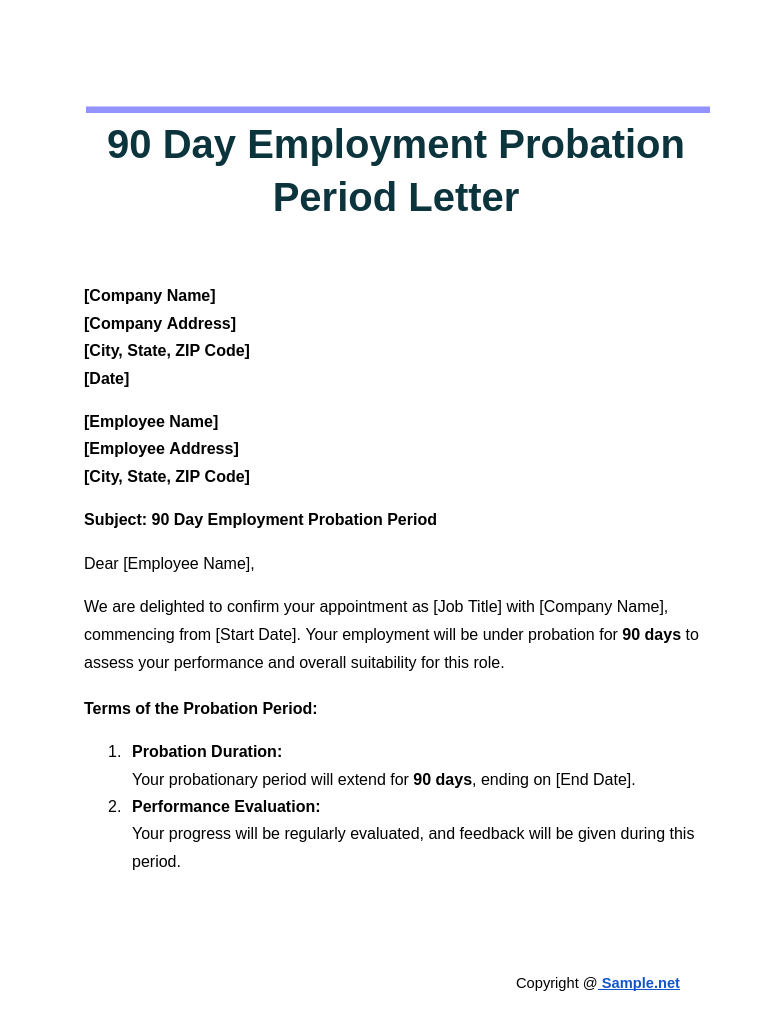
90 Day Employment Probation Period Letter
download now -
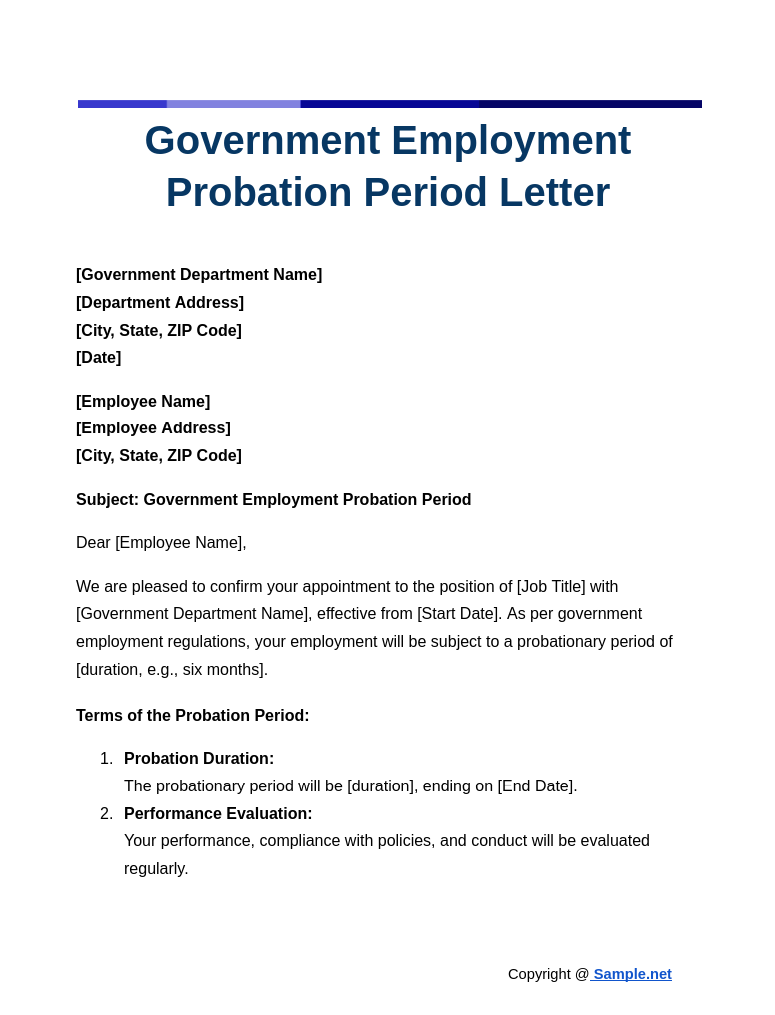
Government Employment Probation Period Letter
download now -
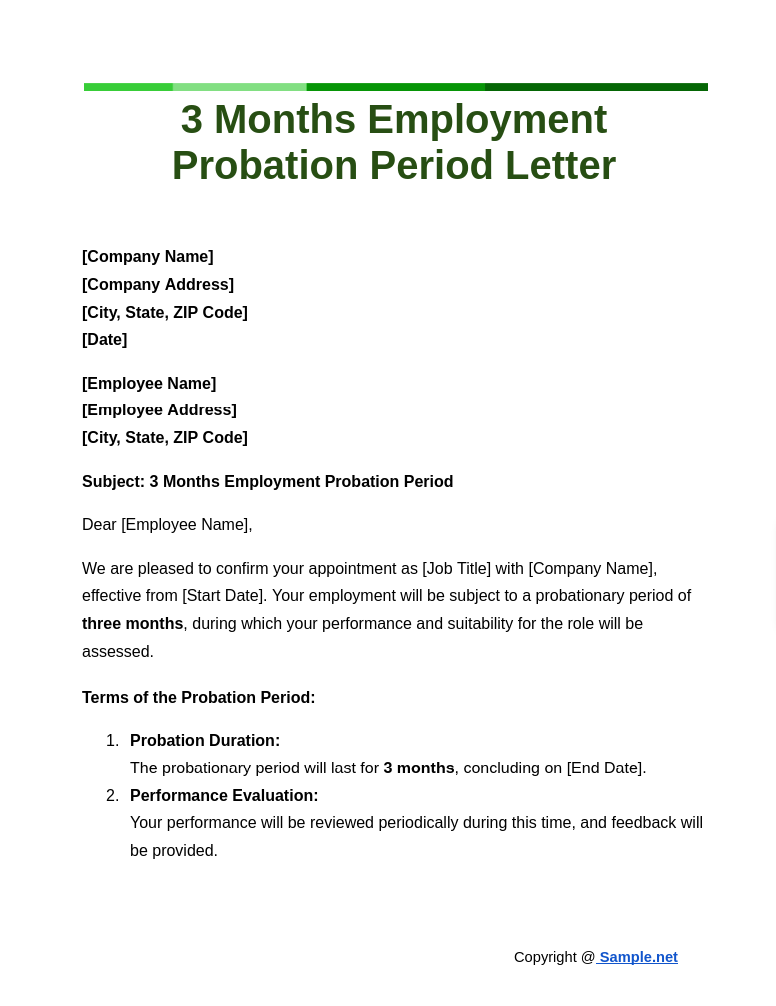
3 Months Employment Probation Period Letter
download now -
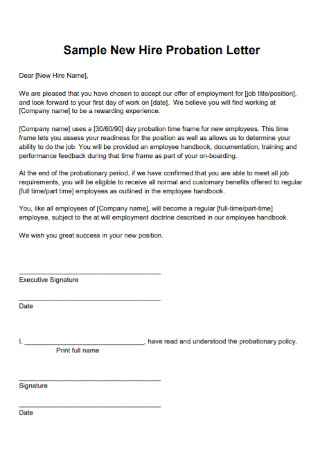
Employment New Hire Probation Letter
download now -
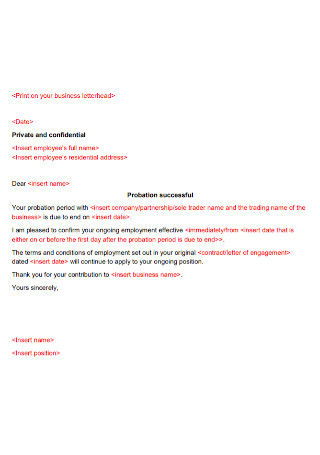
Letter of Employment Successful Probation Letter
download now -
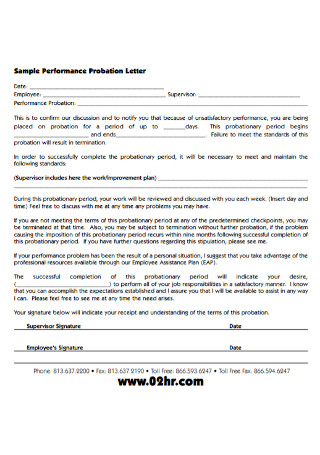
Sample Employment Performance Probation Period Letter
download now -
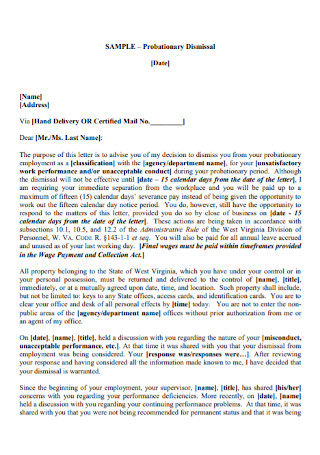
Employment Probation Dismissal Letter
download now -
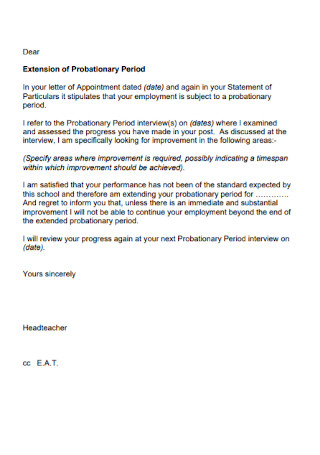
Employment Extension of Probationary Period Letter
download now -
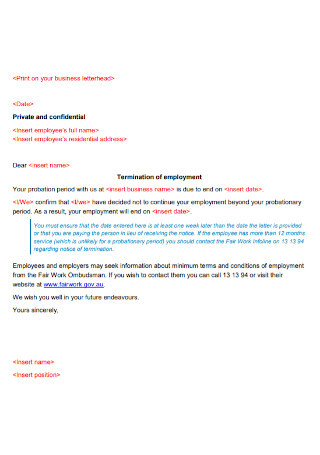
Termination of Employement Probationary Period Letter
download now -
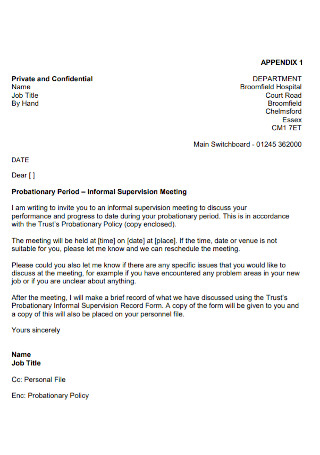
Employment Private Probationary Period Letter
download now -
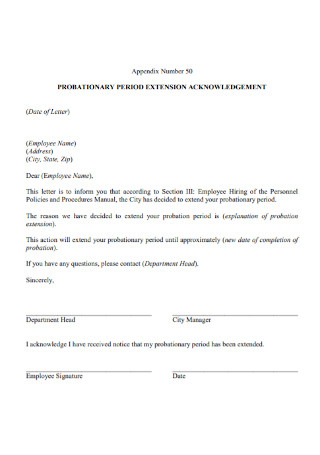
Probationary Period Extension Acknowledgement Letter
download now -
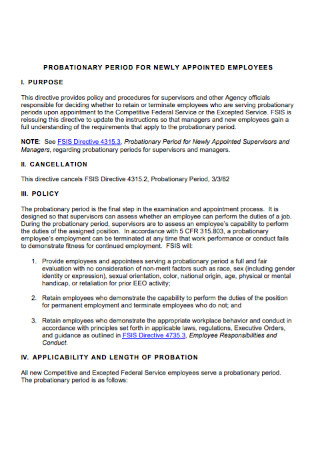
New Employee Probation Period Letter
download now -
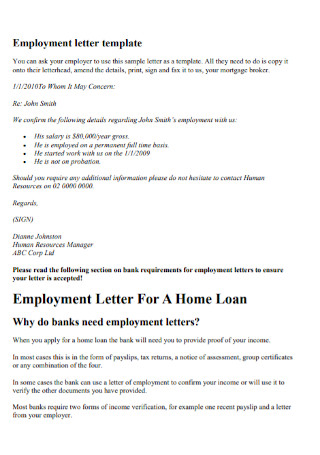
Employement Probation Period Letter
download now -
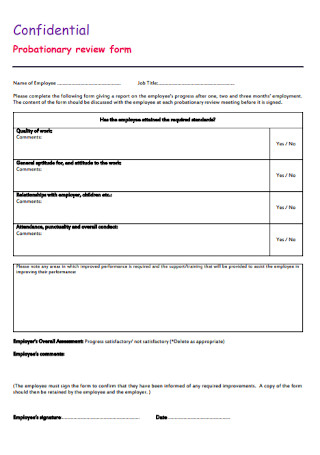
Confidential Employment Probation Form
download now -
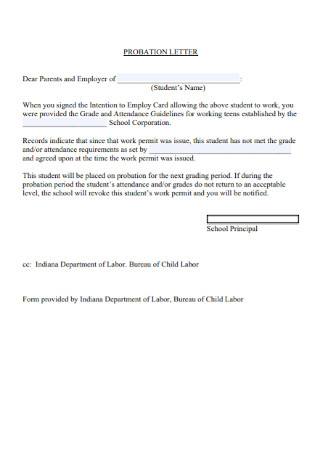
Basic Employment Probation Letter
download now -
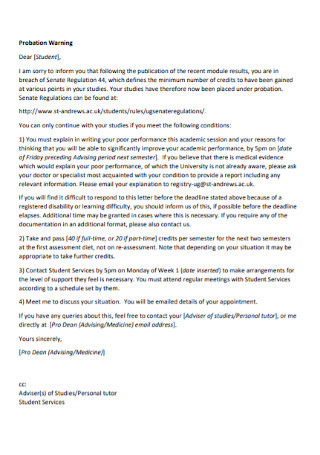
Probation Warning Employment Letter
download now -

Simple Probation Employment Letter Template
download now -
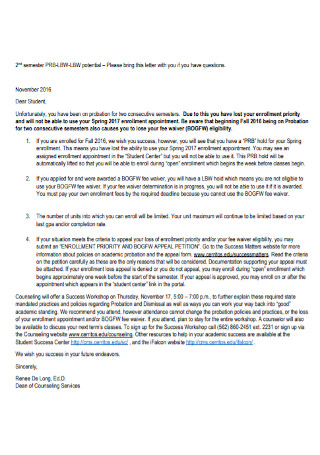
Employment Probation Letter Template
download now -
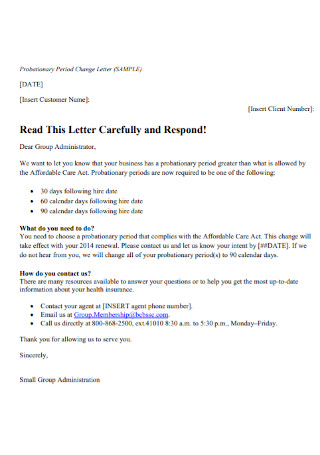
Probation Period Change Letter
download now -
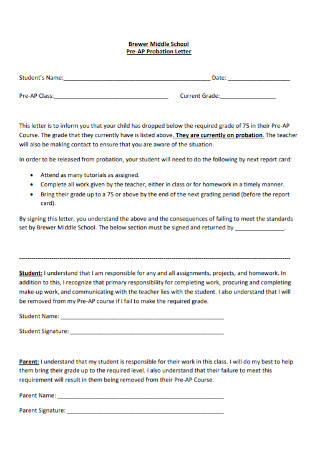
School Employment Probation Letter
download now -
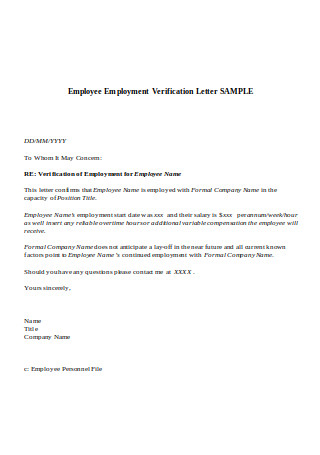
Employee Employment Verification Letter
download now -
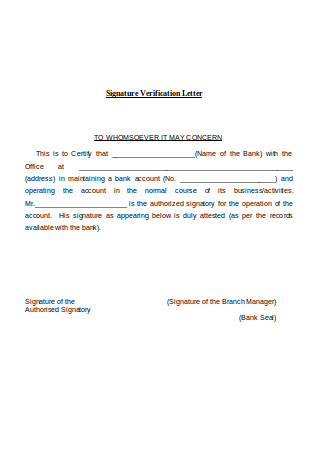
Signature Employment Verification Letter
download now
FREE Employment Probation Period Letter s to Download
Employment Probation Period Letter Format
Employment Probation Period Letter Samples
What Is an Employment Probation Period Letter?
Purposes of Employment Probation Period Letter:
Who Can Benefit From Using a Well-Made Employment Probation Period Letter?
How to Create an Employment Probation Period Letter?
What factors are considered during the probation period evaluation?
Can I negotiate the terms of my probation period?
What happens if I don’t pass the probation period?
Can I appeal a decision if my probation period is not successful?
What happens if I’m sick or absent during my probation period?
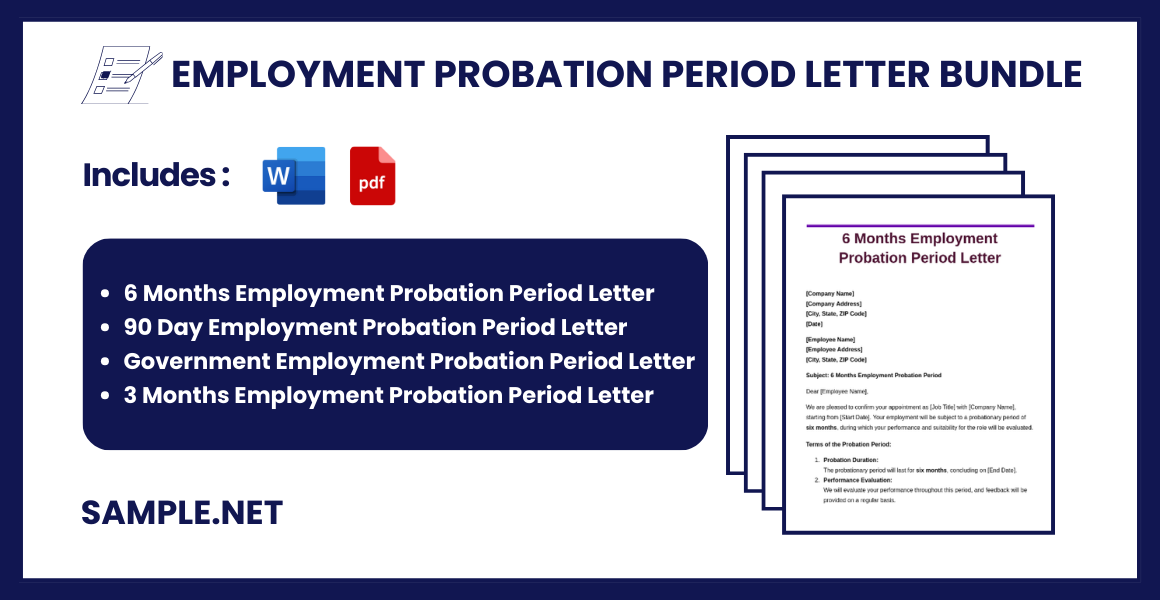
Download Employment Probation Period Letter Bundle
Employment Probation Period Letter Format
[Company Name]
[Company Address]
[City, State, ZIP Code]
[Date]
[Employee Name]
[Employee Address]
[City, State, ZIP Code]
Subject: Employment Probation Period
Dear [Employee Name],
We are pleased to confirm your appointment as [Job Title] with [Company Name], starting on [Start Date]. As discussed during the recruitment process, your employment with us is subject to a probationary period of [duration of the probation period, e.g., three months], effective from your start date.
Terms of the Probation Period:
1. Probation Duration: The probation period will last for [duration], ending on [End Date].
2. Performance Evaluation: During the probationary period, your performance, conduct, and suitability for the role will be regularly evaluated. You will receive feedback from your supervisor, and any areas of improvement will be communicated to you.
3. Confirmation of Employment: At the end of the probationary period, your performance will be reviewed, and a decision will be made regarding your continued employment. You will receive written confirmation if your employment is confirmed or if any extension of the probationary period is required.
4. Termination During Probation: [Company Name] reserves the right to terminate employment during the probationary period with [number of days’/weeks’] notice or pay in lieu of notice.
5. Employment Terms: During the probationary period, you will be entitled to the same benefits as outlined in your employment contract, unless otherwise specified.
Please sign below to acknowledge your understanding and acceptance of these terms. We look forward to your contributions to [Company Name] and your continued professional growth with us.
Sincerely,
[Manager’s Name]
[Job Title]
[Company Name]
What Is an Employment Probation Period Letter?
An employment probation period letter is a document that is handed to a hew hire by his or her employer. After accepting the employment offer letter and signing the employment contract, an employee will be given an employment probation period letter alongside an employment handbook and other relevant documents. Employers use an employment probation period letter to provide necessary reminders and guidelines about the probation period that the new employee will immerse in. Hence, this document contains information related and aligned with the processes, regulations, duration, limitations, and measures of the probation period. You can also see more on Letter of Employment.
Purposes of Employment Probation Period Letter:
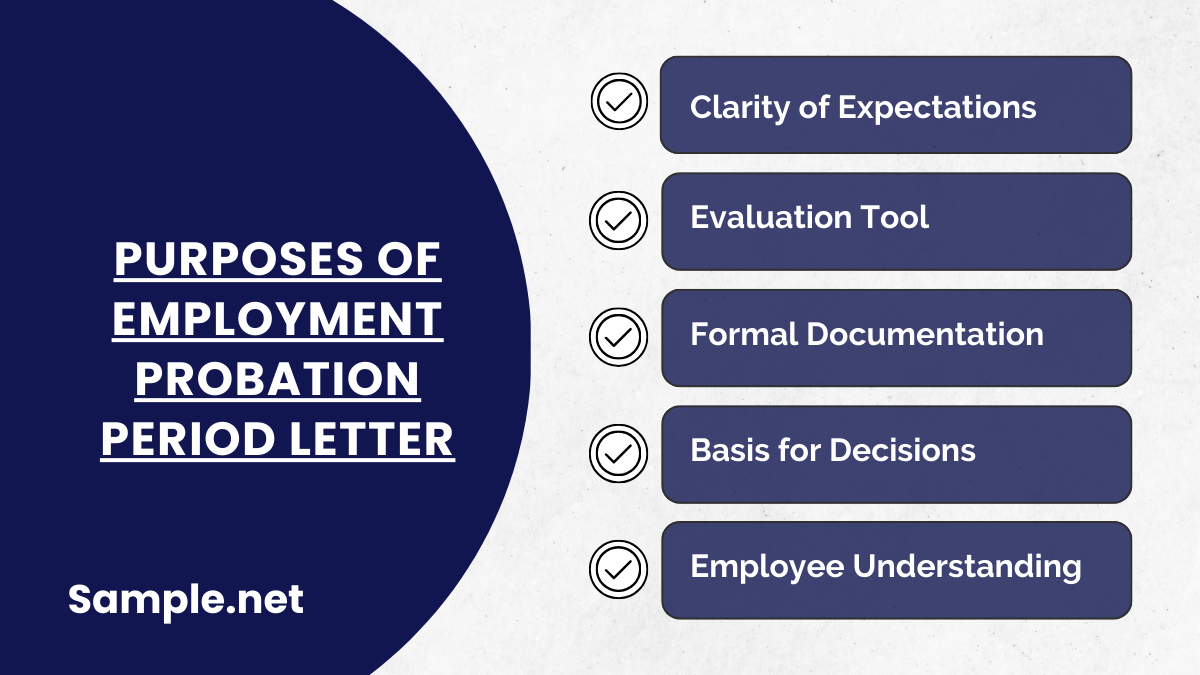
- Clarity of Expectations: Outlines job roles, performance metrics, and behavioral expectations.
- Evaluation Tool: Helps employers assess the employee’s skills and compatibility with the company’s culture.
- Formal Documentation: Legally documents the start of the probationary period and terms of employment.
- Basis for Decisions: Serves as a reference for decisions like permanent hire, probation extension, or termination.
- Employee Understanding: Informs employees about their obligations and the criteria for passing the probation period.
Who Can Benefit From Using a Well-Made Employment Probation Period Letter?
An employment probation period letter may seem to be just a simple document but it can actually be very useful in a number of circumstances. Aside from opening touch points where the new hires and their employers can interact, an employment probation period letter can also set a clear direction for the probation period’s entirety. The entities who can truly benefit from using a well-made employment probation period letter document are as follows:
How to Create an Employment Probation Period Letter?
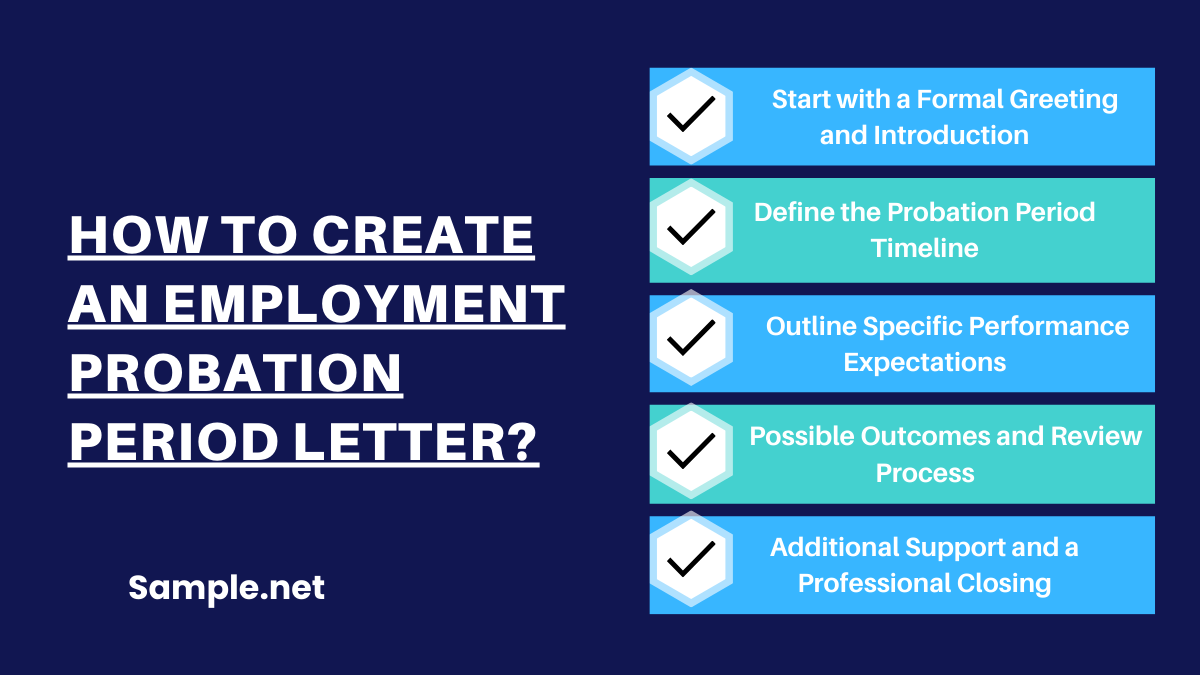
Step 1: Start with a Formal Greeting and Introduction:
Begin by addressing the employee politely and explaining the purpose of the letter. Introduce the concept of the probationary period, indicating that it serves as a trial period to evaluate the employee’s performance, behavior, and overall suitability for the role. Clearly mention that this letter contains the terms and conditions under which their probation will be managed. This introduction helps set the tone and reinforces the importance of the probation period.
Step 2: Define the Probation Period Timeline:
Specify the exact start and end dates of the probation period. This section should state the standard length of the probation period, which can vary depending on company policies. Mention the possibility of an extension if performance criteria are not met within the given time frame. Include any provisions for early termination or confirmation of permanent employment before the end of the probation period if applicable. This timeline ensures both parties have clear expectations regarding the length of the probation. You can also see more on Relieving Letters.
Step 3: Outline Specific Performance Expectations:
Detail the key performance indicators (KPIs) and responsibilities the employee is expected to meet during the probation period. These could include targets related to job duties, teamwork, communication, punctuality, and adherence to company policies. It’s important to clearly outline what will be evaluated, how frequently evaluations will occur, and who will conduct them. This section ensures that the employee understands exactly what is expected and helps guide their performance during the probation period.
Step 4: Explain Possible Outcomes and Review Process:
Clearly define the possible outcomes of the probation period. Outline the review process, specifying when and how evaluations will take place, who will be responsible for making the final decision, and what factors will influence that decision. State that the outcomes of the probation may include confirmation of permanent employment, extension of the probation period, or termination if the required standards are not met. Including this process ensures transparency and fairness in decision-making at the end of the probation period.
Step 5: Conclude with Additional Support and a Professional Closing:
End the letter by offering support and guidance to the employee during the probation period. Encourage the employee to ask questions or seek clarification regarding their role, expectations, or performance. Provide the necessary contact details for HR or relevant supervisors. Use a professional closing that reinforces the company’s commitment to helping the employee succeed during this period. This step fosters open communication and promotes a positive relationship between the employer and the employee.
An Employment Probation Period Letter serves as a vital tool to ensure both employer and employee understand the terms of employment during the probation phase. It outlines expectations, timeframes, and potential outcomes, fostering clear communication. Drafting a well-structured letter helps avoid misunderstandings and supports a smooth transition toward permanent employment or alternative decisions. You can also see more on Job Offer Letters.
What factors are considered during the probation period evaluation?
During probation, employers typically evaluate factors such as job performance, adherence to company policies, punctuality, communication skills, and teamwork. These factors are weighed to determine whether the employee fits well within the company’s work culture and can meet job expectations.
Can I negotiate the terms of my probation period?
While the duration of the probation period is often set by company policy, there may be room for negotiation regarding specific expectations or evaluation criteria. However, it largely depends on the company’s flexibility and policies.
What happens if I don’t pass the probation period?
If an employee does not meet the expectations during the probation period, the employer may choose to extend the probation, offer additional support for improvement, or terminate employment based on the company’s policies and procedures.
Can I appeal a decision if my probation period is not successful?
Some companies have an appeals process in place if an employee feels that the decision was unfair. It is important to review your company’s policies or discuss the matter with HR to understand whether an appeal can be filed.
What happens if I’m sick or absent during my probation period?
If you are sick or absent during the probation period, it’s crucial to follow the company’s sick leave and absence policies. Extended or frequent absences during probation may result in the extension of your probation period, as the employer may need more time to assess your performance. Always keep HR and your manager informed and provide any necessary medical certificates.
